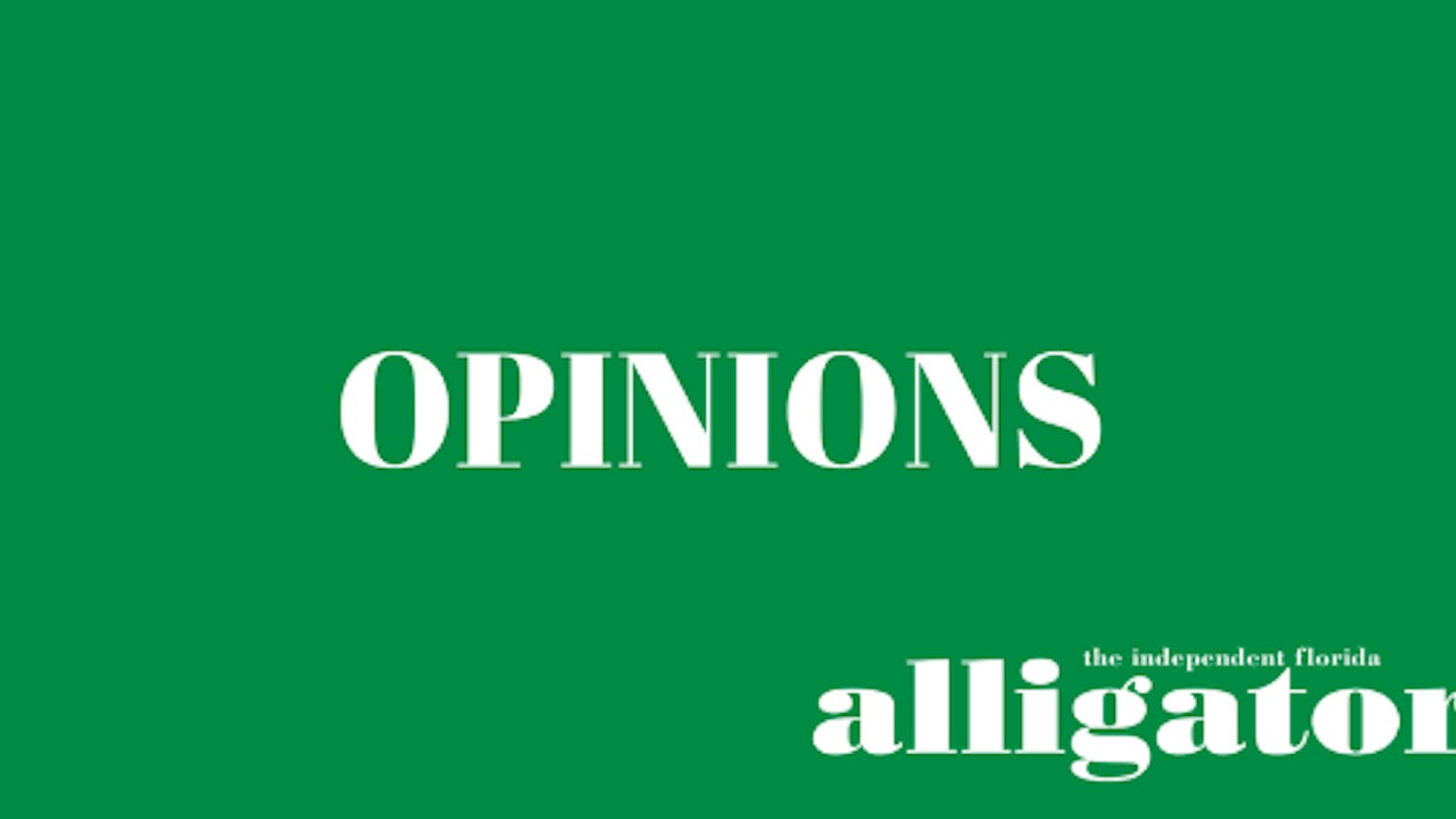I only hate three things in this world: spiders, candy corn and adding an “s” to already-plural nouns. Spiders are creepy as hell, candy corn is pointless and just tastes like wax and if you say a word like “peoples,” you might as well make me sit through a showing of “Drag Me To Hell” — it’ll be just as painful. (By the way, the previous sentence is an example of a long, slightly confusing series because of the lack of a serial comma, as discussed in my last blog post. Just saying.)
Why do these words infuriate me? Because they already have plural noun forms that don’t need to take an “s.” There’s no such thing as super plural, people. Turning “mice” into “micesssssssssssssss” doesn’t automatically mean there are enough mice to fill the animated cast of “An American Tail.”
Before I go on, I will give the word “peoples” some credit. I’ve heard it used so often that I actually believed Merriam-Webster considered it a legitimate word. After looking it up on Merriam Webster’s Web site, however, I discovered it lists the definition of “peoples” as “: a body of persons that are united by a common culture, tradition, or sense of kinship…”
Well that’s good: At least it has its own definition, thus serving a purpose. That doesn’t mean I’m OK with its misuse (or with the word “persons,” for that matter, which sounds like Miley Cyrus’ screeching music to my ears).
But there’s one word that can’t hide behind an explanation: monies. And yes, Merriam-Webster confirms that this is, in fact, a word (and, in my opinion, also the dawning of the grammar apocalypse). Not only that, but the spelling “moneys” is also a confirmed word. Yeah, appalling me isn’t enough — please completely disgust me until I am rendered speechless and thus an extremely ironic example of how using terrible words can work toward the destruction of the English language.
I don’t care what any dictionary says; “money” will always be both singular and plural. If not, then I’ll just have to tell all my mooseys that I’ve been wrong this entire time. (Maybe I’ll somehow find that cathartic?)
Regardless — or even better: irregardless — I’m saying all of this because I encourage you to abandon these pointless words and use their natural forms. If we keep altering language to suit our ignorance, then I’m afraid of what it’ll look like in the future. My guess?
Dear God. You know we can’t have that.




